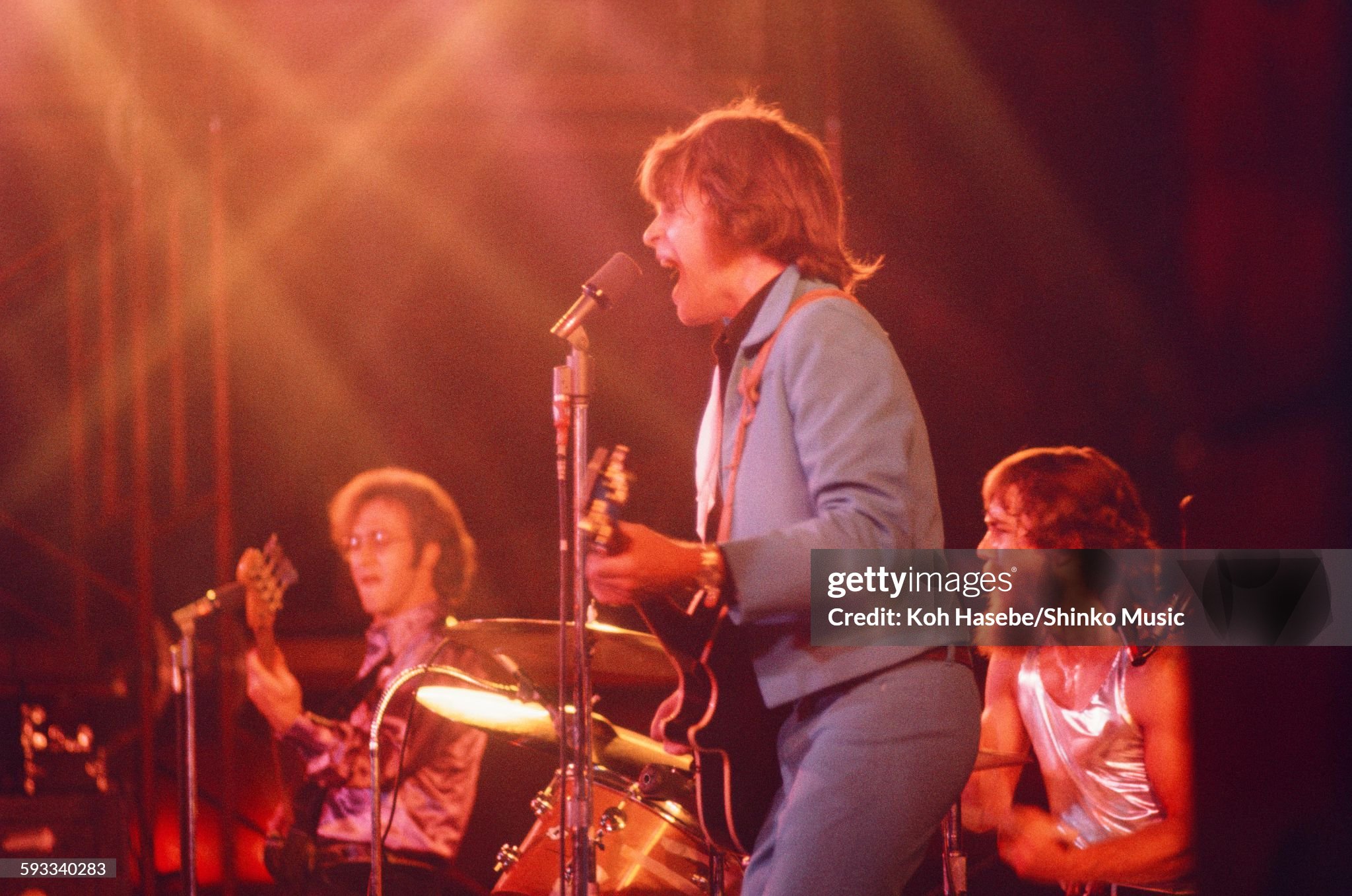
“Porterville” is a small-town lament whispered rather than shouted—where dreams stall, roads feel longer than they look, and leaving becomes both hope and heartbreak.
Among the earliest original songs recorded by Creedence Clearwater Revival, “Porterville” stands as a quiet but crucial foundation stone. It doesn’t roar with confidence or swagger with success. Instead, it listens. It observes. It tells the story of a place that shapes people by limiting them—and of a longing that grows precisely because escape is never guaranteed.
Let’s begin with the facts, placed clearly and correctly at the front. “Porterville” was written by John Fogerty and appears on Creedence Clearwater Revival’s self-titled debut album, released in July 1968 on Fantasy Records. The song is positioned as Side One, Track Five, running approximately 2:21. It was never released as a single and therefore did not chart independently. The album itself reached No. 52 on the Billboard 200, finding modest commercial success at the time, driven largely by the extended hit cover “Susie Q.” Yet within that debut, “Porterville” quietly announced Fogerty’s emerging strength as a storyteller.
The song takes its name from Porterville, California, a real town in the state’s Central Valley. Fogerty did not grow up there, but he understood the emotional geography instantly. Porterville becomes less a literal location and more a symbol—a stand-in for countless American towns where ambition feels larger than opportunity, and where staying can feel like a slow surrender. This ability to write convincingly about places he hadn’t lived in would become one of Fogerty’s defining gifts: he wrote not from autobiography alone, but from empathy.
Musically, “Porterville” is spare and unassuming. There is no flash, no extended solo, no attempt to impress. The rhythm moves gently, almost hesitantly, mirroring the emotional uncertainty of the narrator. The guitar lines are restrained, the arrangement clean. Even at this early stage, Creedence Clearwater Revival were already separating themselves from the psychedelic excess of the late 1960s. They favored clarity over color, structure over spectacle.
Lyrically, the song introduces a theme that would echo throughout CCR’s catalog: the quiet injustice of circumstance. The narrator is young, restless, and deeply aware that the town he inhabits may never give back what it takes. There is no villain in the song. No authority figure to fight. The struggle is internal and environmental—between loyalty to home and the instinct to leave before time hardens into regret.
What makes “Porterville” especially poignant is its lack of bitterness. The song doesn’t accuse the town. It mourns it. There’s a sense of sadness rather than anger, as though the narrator understands that Porterville isn’t cruel—it’s simply limited. That emotional maturity is striking for a debut album track. Fogerty isn’t writing rebellion; he’s writing resignation tinged with hope.
In hindsight, “Porterville” feels like a blueprint. Many of CCR’s later songs would deal with class, labor, escape, and the cost of staying put. But here, those ideas are still forming, still tender. The song captures the moment before departure—the moment when leaving is still only an idea, and the weight of that choice hasn’t yet settled.
Within the debut album, “Porterville” plays an essential role. Surrounded by blues covers and longer, more improvisational tracks, it stands out as a concise, original statement. It signals that Creedence Clearwater Revival were not content to reinterpret American music—they wanted to add their own stories to it. Stories rooted not in fantasy, but in recognizable lives.
Listening now, decades later, “Porterville” feels timeless. Small towns still struggle with the same questions. Young people still weigh loyalty against possibility. The song doesn’t offer solutions. It doesn’t promise escape will lead to happiness. It simply acknowledges the ache of wanting more—and the fear of wanting it too late.
This is not a song about arrival.
It is a song about decision.
And in its quiet honesty, “Porterville” reveals something essential about Creedence Clearwater Revival from the very beginning: before the hits, before the confidence, before the national voice, they understood the emotional cost of place—and how deeply it can shape who we become, whether we stay or go.